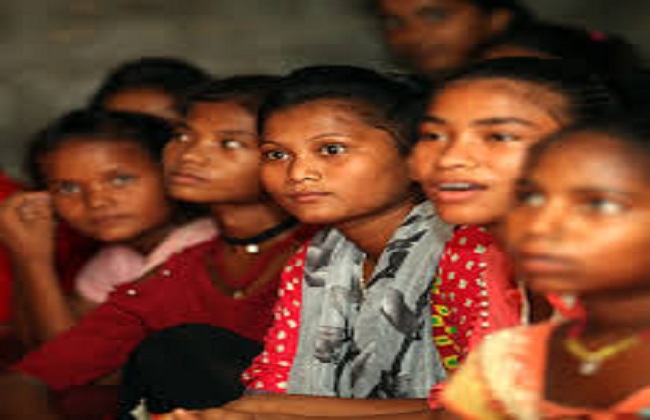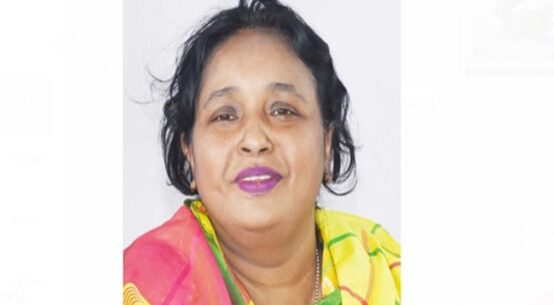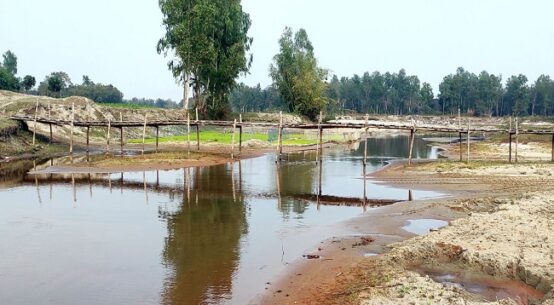
Collaborative efforts of all the government and non-government organizations concerned has become crucial to halt child marriage.
Restriction of child marriage has also become the demand of time for the sake of protecting maternal and neonatal health everywhere in the society.
The views were expressed at a view-sharing meeting on preventing child marriage by government officials, development activists and leaders of influence at conference hall of Deputy Commissioner (DC) here Sunday.
Association for Community Development (ACD), a rights-based development entity, organized the meeting under its project titled “Ending Child Marriage through Adolescents Voice and Stakeholders Responsiveness” supported by UNICEF.
ACD Programme Manager Monirul Islam gave an overview of the project besides illustrating on the child marriage situation in the region during his keynote paper presentation.
With Additional District Magistrate Sabiha Sultana in the chair, the meeting was addressed, among others, by Upazila Chairmen Anil Kumar Sarker and Layeb Uddin, Deputy Director of the Department of Social Service Hasina Momtaz, District Education Officer Nasir Uddin and District Children Affairs Officer Monzur Quader.
The speakers unanimously viewed that all the government and non-government organizations concerned and public representatives should come forward and work together to combat child marriage and child pregnancy as it’s the precondition for improvement of child and maternal health.
Sabiha Sultana said the present government under the dynamic and visionary leadership of Prime Minister Sheikh Hasina has been implementing diversified programmes to free the society from child marriage.
Terming child marriage as gross violation of human rights she also said it is vital to increase awareness regarding the negative impacts of child marriage with the help of the mass media.
She also said responsive support from the community, especially local administration, public representatives, teachers, parents and influential leaders, has become indispensable to ensure adolescent-friendly reproductive health services for reducing child marriage and child pregnancy substantially and sustainable.
Ensuring equal rights on education, training, science and technology is also important to women empowerment.
Overall national development could be possible when the children coming from the poor and underprivileged families will be educated and ensure all other fundamental rights they deserve, she added.
Physical and mental development of children could be possible when they were protected from violence and deprivation.


